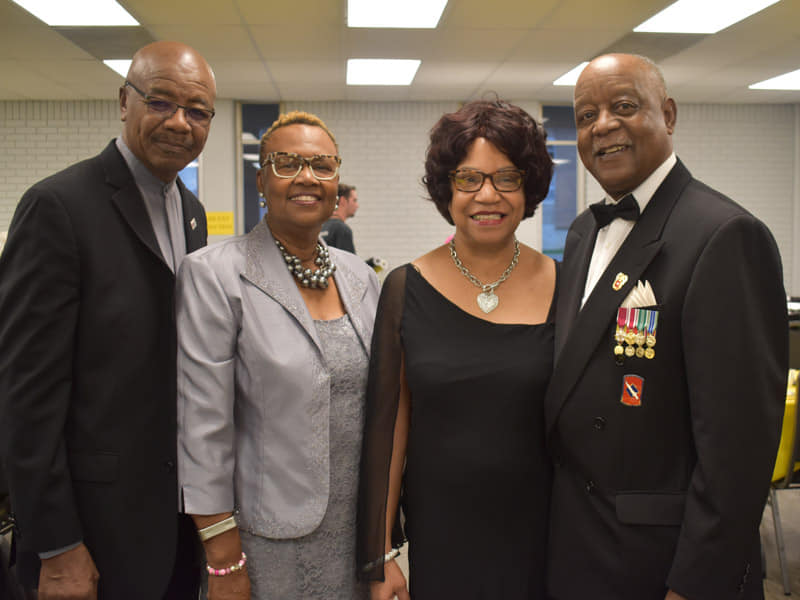


His great gift is his extremely intelligent, mortally relentless critical examination, and here he studies nothing less than the past and the present of his own nation. But because the events really happened, because they are part of Ireland’s shameful, sometimes surreal postwar history, they also have the brutishly obstructive quality of fact, often to be pushed against, fought with, triumphed over, or, in O’Toole’s preferred mode of engagement, analyzed into whimpering submission. These public events have the irresistible tang of the actual, and around them O’Toole-who has had a substantial career as a journalist, a political commentator, and a drama critic-beautifully tells the private story of his childhood and youth. The bishop who fled Ireland for a convent in Texas after his lover told the press about their illegitimate son, whom he had refused to acknowledge. The strange fact that Albania got its own television station before Ireland did. The fact that Irish viewers could see only a chaste version of “Casablanca” that “cut out all the references to Rick and Ilsa’s passionate love affair in Paris, leaving their motivations entirely mysterious.” The deeply corrupt Prime Minister Charles Haughey, who spent a thousand pounds of someone else’s money a week on dinners with his mistress. The censoring, all-seeing Archbishop of Dublin who kept a telescope and a magnifying glass in his official residence, and once boasted that, when he used the magnifier to scrutinize “the drawings of women in ads for underwear, it was possible to see the outline of a mons veneris.” The moment, in 1963, when Ireland acquired its first escalator. The pedophile Dublin priest who built a swimming pool in his back garden-in drizzly Ireland!-so that little boys could swim with him. The book contains funny and terrible things, details and episodes so pungent that they must surely have been stolen from a fantastical artificer like Flann O’Brien. The novel gladly rushes in where the angel of history fears to tread.īut the novel has no monopoly on historical correction, and reading Fintan O’Toole’s new book, “ We Don’t Know Ourselves: A Personal History of Modern Ireland” (Liveright), is like reading a great tragicomic Irish novel, rich in memoir and record, calamity and critique. And recorded history struggles to capture not only unwritten lives but unwritten thoughts, very often leaving a void around private existence, interiority.

History is full of destruction and certain death, but fictional people may live forever, in an eternal redemption. It was subtle of Penelope Fitzgerald to use this as the epigraph for her historical novel about the poet, “ The Blue Flower,” implying, as it does, the novel’s best powers of restoration. “Novels arise out of the shortcomings of history,” Novalis said.


 0 kommentar(er)
0 kommentar(er)
